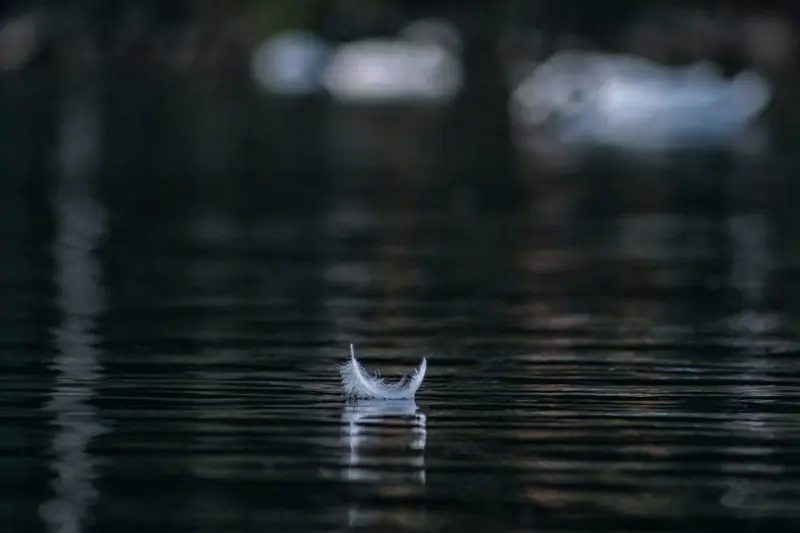It’s awfully quiet around here. Oh, there’s the noise of a mini bulldozer moving dirt at the neighbor’s house and a ridiculously loud motorcycle going by and a dog barking down the street. There’s the hum of the microwave running as my husband reheats his coffee and the dryer tumbling. I can create more sound by turning on a podcast on my phone or the radio or television, but those are not the sounds I miss.
I miss the peal of laughter echoing through a room full of people. The lively racket of kids passing in a hallway when I arrive to do a school visit. The whistles and applause when the actors come out to take their bows. The talking-over-each-other catching up we’d do when we laid out the food for our dinner club.
I miss most the sound of excitement in my own voice.
“Can you die of boredom?” I asked my husband the other day as I lay on the floor staring at the ceiling. “Because I’m pretty sure I might become the first documented case.” It’s not that I don’t have work to do or plenty of chores to keep me busy, but there’s only so much work and chores you can do before you start to go utterly stir crazy. I built a life full of distractions and now, thanks to the pandemic and my own fears, many of them are gone.
I’m told meditating helps, and I suppose it does. But right now, it just feels like more quietude.
So today I was ruminating on Wendell Berry’s poem, “How to Be a Poet (to remind myself)”. He wrote: “Make a poem that does not disturb the silence from which it came.” I find that line fascinating. Historical writers, like myself, hear the loudness of life when we write. We hear conflict, and demands, and protests, but also cheers, and declarations of love, and cries of joy. Bloggers, like myself, hear our own thoughts clamorous and constant and insistent, until we type them out.
Poets, though, can hear silence. They often write about quiet things, like blossoms opening, and clouds drifting, and someone taking someone else’s hand. But the silence we think they revere becomes sound as soon as they put it down on paper. Berry is not suggesting that poems, even those that spring from silence, remain silent. He’s saying they should not disturb. They should not discredit that which inspired them. They should not add to the noise that serves no one.
I’m not a poet, but I think there is something I can learn from this current stillness. How to stop feeling the absence of sound and be content in the peace that settles in the space between words. How to hear the murmurings under the more insistent voices in my mind. How to create something new that can whisper or shout as the moment dictates, but not disturb. Something that will honor the stillness from which it was born.
If you like this post, please share and credit Bursts of Brilliance for a Creative Life blog



